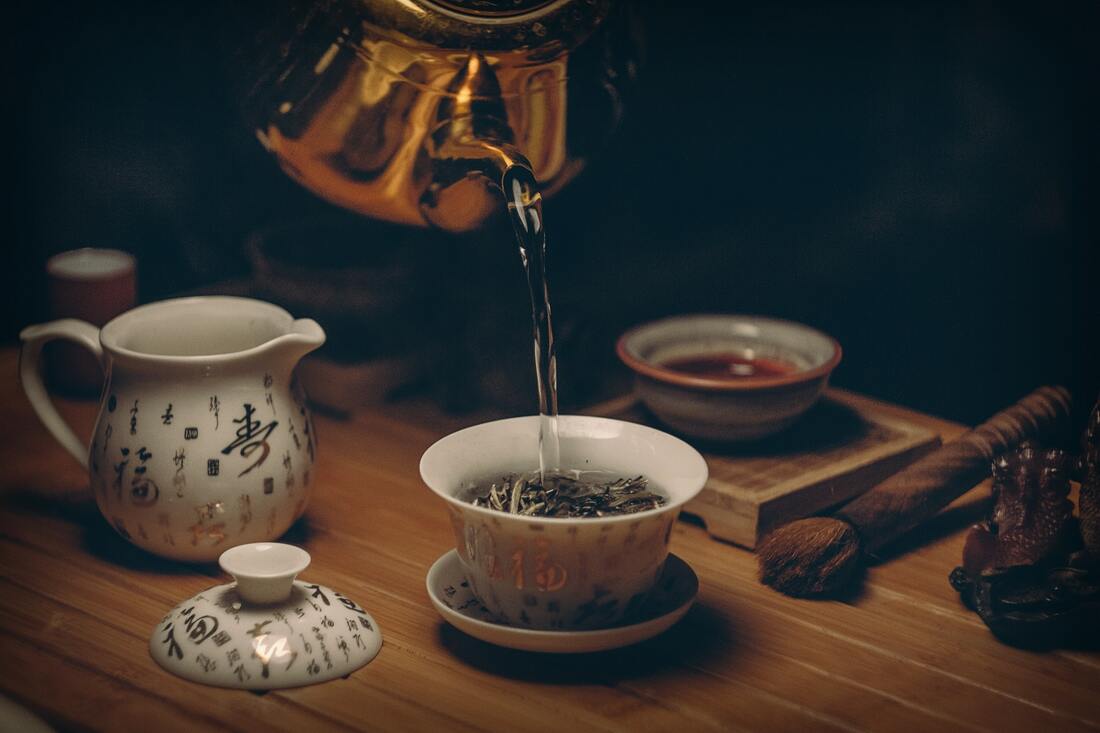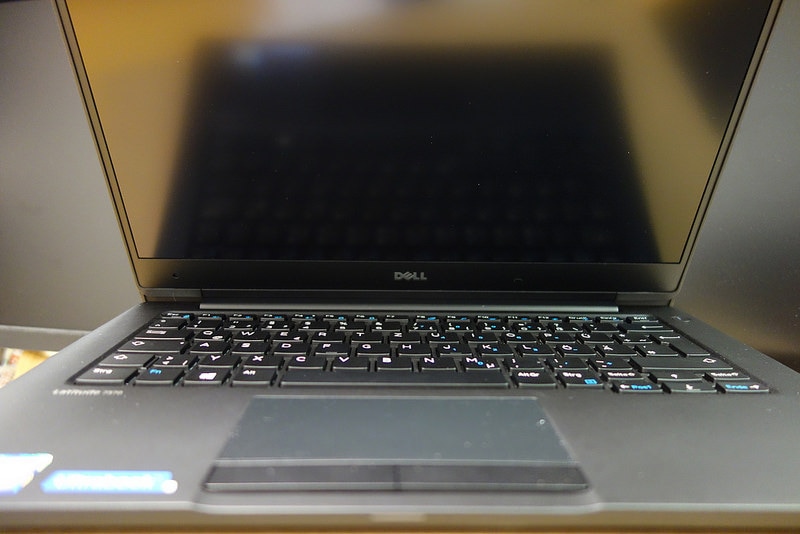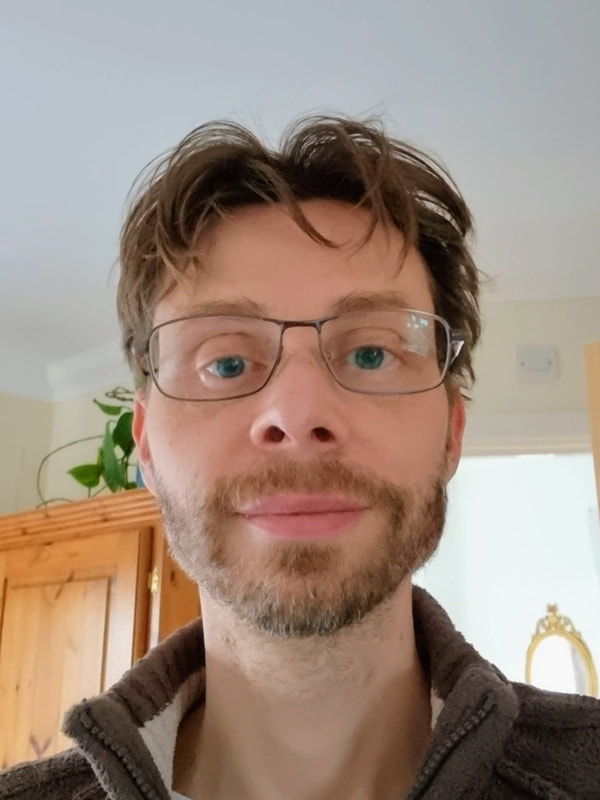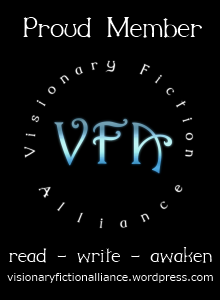|
In the third in a series of blog posts, I continue my exploration of doorways to an inner state of peace.
3. If you lose touch with kindness, be present. Being present more of the time is perhaps the one thing I could do that would most improve the quality of my life. I remember an English teacher who would sometimes arrive late for class, pop his head around the door to say “I’m here” and then immediately disappear again for another five minutes. Too often, I am like that teacher – here but not really here. I’m present in body, but not in mind. While eating breakfast, I’m thinking of other things: the latest developments on Brexit, the implications of last night’s football scores, a project at work. I rush through my porridge, which could be a simple pleasure to savour at the start of the day. Before I know it, I’m brushing my teeth, then in my car driving to the station, fretting over whether I’ll have enough time to buy my ticket and what I’ll do if the queue is too long and I miss my train. I’m either looking forwards or backwards, but am rarely right here now with what is. Quaker mystic Thomas Kelly called this surface living. He observed that living in this way has brought on the world’s tragedy. This is because when we’re not conscious of our thoughts, those thoughts become our masters. Without awareness, they drive our actions – “Hurry up! I want it now! Got to look out for myself!” – and take away our freedom to choose how we respond. We experience stress and anxiety, symptoms of a lack of inner peace. And, as we act without consideration or care, we contribute to disharmony in the world. There is a quality in some things – fresh snowfall, an encounter with a fox or badger near my home – which stops me in my tracks, interrupts my thought-stream and brings me back to the here and now. In that state of present awareness, wonder can enter and peace returns. We can cultivate presence by practicing mindfulness as we go about our daily activities. Here are some examples:
Mindfulness lessens stress and increases wellbeing. It nourishes our relationships – how different is a conversation with someone who is fully present, compared to one with a person whose mind is elsewhere, or who is simultaneously checking their phone? Finally, presence allows our Inner Guide to make Itself known. How can Spirit speak to us, or through us, if we don’t give It a word in edgeways because of the constant chatter in our head? How can we sense the promptings of Love and Truth in our hearts if we’re not aware of the subtle feelings in our bodies, being identified completely with our thoughts? To hear the music rather than the static, we need to be tuned in. Presence leads us toward inner quiet; inner stillness. I’ll explore this further in a future post.
0 Comments
"When I realise that some part of my life is acting to distract me from hearing God's guidance or following that guidance wholeheartedly, it is time to simplify my life by subtracting that distraction." (Lloyd Lee Wilson, Journal of the North Carolina Yearly Meeting (Conservative))
I'm fortunate in that I've never had an addiction to alcohol or drugs, and I don't smoke. When it comes to chocolate and other indulgences, I'm good at rationing myself. I do like my oatcakes and green tea – but as food 'addictions' go, they're not exactly the worst. If I do have a vice, it's been to spend too much time on the internet. After a busy day at work, or sometimes at weekends if I'm at home, I find it tempting to switch on my laptop and go online. It doesn't happen very often, but on occasions I might still be sat there three hours later. It's not that I'm necessarily doing anything 'worthwhile' – like researching a new novel or booking on a workshop. Rather, the longer I'm at the computer screen, the harder I find it to drag myself away. Do I really need to know the latest Polish third division football scores? Effectively, I'm wasting the day. As an antidote to this minor addiction, I've recently decided to put my laptop away at the end of each session. I disconnect the mouse, put the computer and its power lead away in their case, and hide the case in my cupboard. I find that, if the computer is put away out of sight, I'm less likely to succumb to a casual whim to log onto it when I'm feeling stressed at the end of a long day. Going onto the computer now requires a little more effort – even the simple act of having to retrieve the laptop from its case in the wardrobe makes me think twice before going ahead. When I do choose to log in now, it's because there is something specific I need to do. It's become a more conscious choice. I'm mindful as I open the cupboard door; as I unzip the laptop case; as I place the machine on my desk. I've found that going through these simple actions with full attention prevents my mind from wandering – and from being distracted by soundbites or diversions when I am on-line. "We are each obliged to use our time, abilities, strength, money, material possessions, and other resources in a spirit of love, aware that we hold these gifts in trust and that we are responsible for using them wisely." (Inter Mountain Yearly Meeting Faith and Practice, 2009) |
AuthorPeter Parr: Quaker, writer and former member of the British minigolf team. (Actually those are all just roles I play. Words can't describe who any of us really are.)
|



 RSS Feed
RSS Feed


